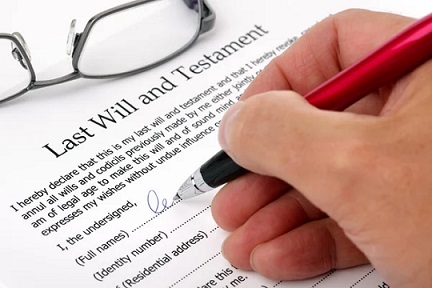 Last Will & Testament
Last Will & Testament
Contact Appleton will attorney Ron Tusler to write your last will and testament and ensure security for your loved one's future.
Frequently asked questions about will preparation in Wisconsin
Can I write my own will in Wisconsin?
Yes, you can legally write your own will in the state of Wisconsin.
Should I write my own will?
No. There are very few situations where it’s worth avoiding the minimal expense to have a lawyer prepare your last will and testament. You can legally make your own will in the state of Wisconsin if you wish – but for security of mind, you are better off having a legal professional prepare the document.
Should I make a will using an online form or document templates?
Following a template only extends your legal vulnerability. Do-it-yourself will kits and online generators don't offer the critical eye of a seasoned will attorney.
Do I need to write a will in Wisconsin?
You aren’t legally obligated to prepare a will in the state of Wisconsin. However, writing a last will and testament means controlling the distribution of your assets upon your passing. Without preparing a last will and testament, your assets will be subject to the interstate system when you pass. The state will decide how your belongings are allocated.
Do I need to have my will notarized in Wisconsin?
Attorney Ron Tusler recommends that your will is notarized. Notarizing your will in Wisconsin is good practice and beneficial in the probate process.


